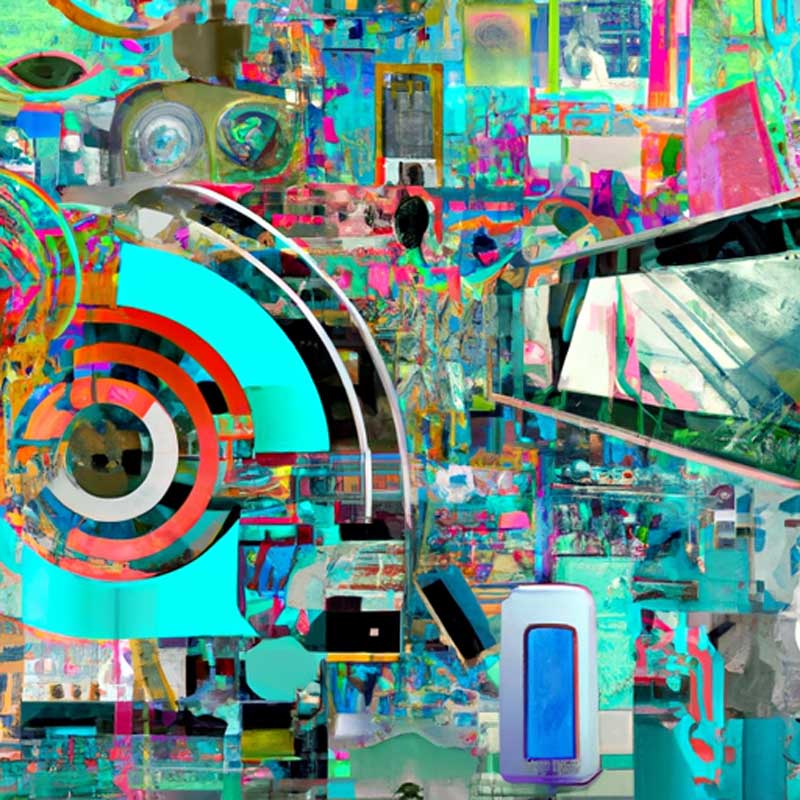- A group of US-based scientists claim to have created the first artificial intelligence (AI) capable of generating AI without human intervention.
- The research, published by teams from Aizip Inc., Massachusetts Institute of Technology, and various University of California campuses, has found that larger AI models can create smaller, specific applications which could be used in areas such as hearing aids, pipeline monitoring and tracking endangered species.
In a significant technological advancement, scientists have demonstrated that artificial intelligence (AI) systems can now birth smaller AI models without the necessity for human involvement. This development marks the first of its kind, creating a potential pathway for self-evolving AI systems in the future.
The research was undertaken by a group of scientists from across the US, representing institutions like Aizip Inc., Massachusetts Institute of Technology, and various University of California campuses. Bigger AI models, similar to the ones that drive ChatGPT, were utilized to create smaller, specialized AI applications that hold potential for everyday life implementation.
Examples of these specialised models can improve hearing aids, monitor oil pipelines and keep track of endangered species. As Yan Sun, CEO of Aizip, puts it, “Right now, we’re using bigger models to build the smaller models…That’s the first step towards a bigger job of self-evolving AI.”
Such breakthroughs in technology are seen by Yubei Chen, one of the researchers, as the first steps towards an intelligent ecosystem where larger and smaller models collaborate. These AI models can design systems capable of identifying human voices amidst ambient noise, predict potential issues in pipelines using data, and even track wild animals using satellite and ground-based sensor data.
This technology could allow any object to become intelligent, from large models that ‘reside in the cloud’ to being able to create miniscule models that can fit in your everyday appliances. For instance, this study shows that home appliances such as coffee machines, ovens, dishwashers, TVs, etc., can all potentially include AI in the future.
The impressive capabilities displayed by AI systems mark a significant milestone in the process of technological evolution and automation, as it could potentially redefine the future of numerous fields and industries.
